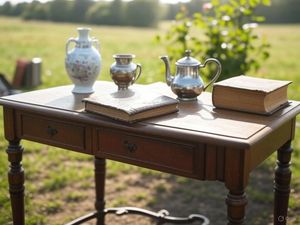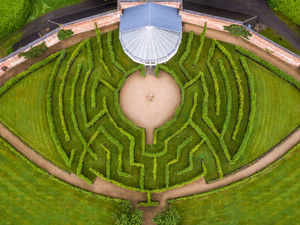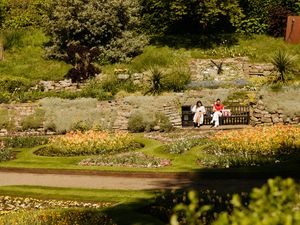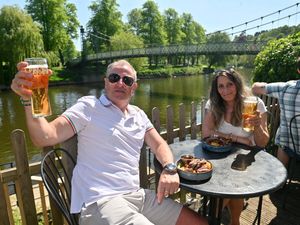Shropshire laboratories could help revive species facing extinction
Staff at Europe's first living biobank in Shropshire are at the forefront of work to preserve endangered animals and are celebrating having banked tissue samples from 100 species.
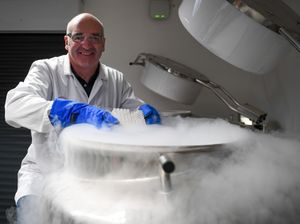
The charity, Nature's Safe, based in Whitchurch, is aimed at helping solve the problem of animals facing extinction by freezing samples of various species which could then be brought back to life in 10, 20, 30 or even 1,000 years time.
The charity is an offshoot of Stallion A1 Services, an organisation initially specialising in freezing sperm from prized horses from the dressage and showjumping rings, and which has been involved in helping prevent the disappearance of Suffolk Punches.
Members of the team of 30 at the laboratories in Whitchurch together with volunteers have worked with Chester Zoo, Paignton Zoo and London Zoo to transfer their skills to saving endangered animals across the planet.
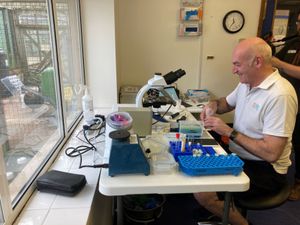
The scheme is the brainchild of 54-year-old Tullis Matson, founder of Nature's Safe, who started the charity in December 2020 and since then the team has frozen the cells of 100 species.
Tullis said: "The Living Biobank began its work in late 2020, and acts as an insurance policy to preserve rare, and threatened animals, so they can be protected for generations to come.
"Currently, 100 species are lost each day to extinction, and as the last few species die, their genetic blueprint is removed forever from our planet.
"We collect and process tissue and reproductive cell samples from threatened and endangered species, storing them in an indefinitely cryo-preserved living state at minus 196C.
"Once thawed, these stored living cells could one day be used in cell culture or assisted reproductive technologies to maintain genetic diversity in the species gene pool."
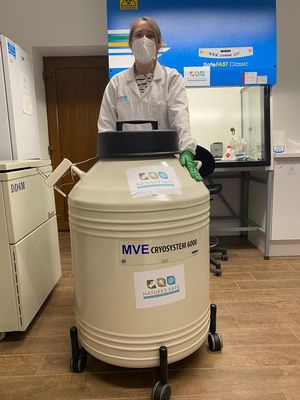
He added: "I have been involved in cryo-biology for 30 years and we have so far taken samples of animals such as the Southern White Rhino, the Asian Elephant, the Komodo Dragon an the little known Mountain Chicken Frog, of which there are only 100 left in the world.
"Without Nature's Safe, for many species already so near the brink of extinction, there will be no return.
"We know the sixth mass extinction on Earth is underway and there will be rough times ahead.
"The question is what do we want to do about it and our answer is to secure future options for biodiversity by acting now."
Doctor Sue Walker, head of science at Chester Zoo and a co-founder of Nature's Safe, said: "With gene pools shrinking, cryo-preservation is a critical piece of the conservation puzzle, providing a safeguard for animals the world is currently on track to lose.”
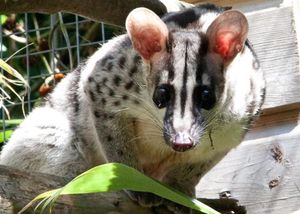
As a centre of excellence in reproductive science, Nature’s Safe has to date cryo-preserved multiple cell types from many endangered animal species and the 100th species to join The Living Biobank, is the Owston’s civet; a beguiling animal on the brink of extinction which is found in the wild across South East Asia.
Doctor Veronica Cowl, reproductive biology co-ordinator for Chester Zoo and the European Association for Zoos and Aquaria, said: “We have been working on understanding reproduction in the elusive Owston’s civet for more than three years, and it is fantastic that we can now preserve the genes from the current zoo population in Nature’s Safe, The Living Biobank.
"This is a great step forward in our work to prevent the extinction of this beautiful species, and it is a pleasure to work with such a passionate group of people."

